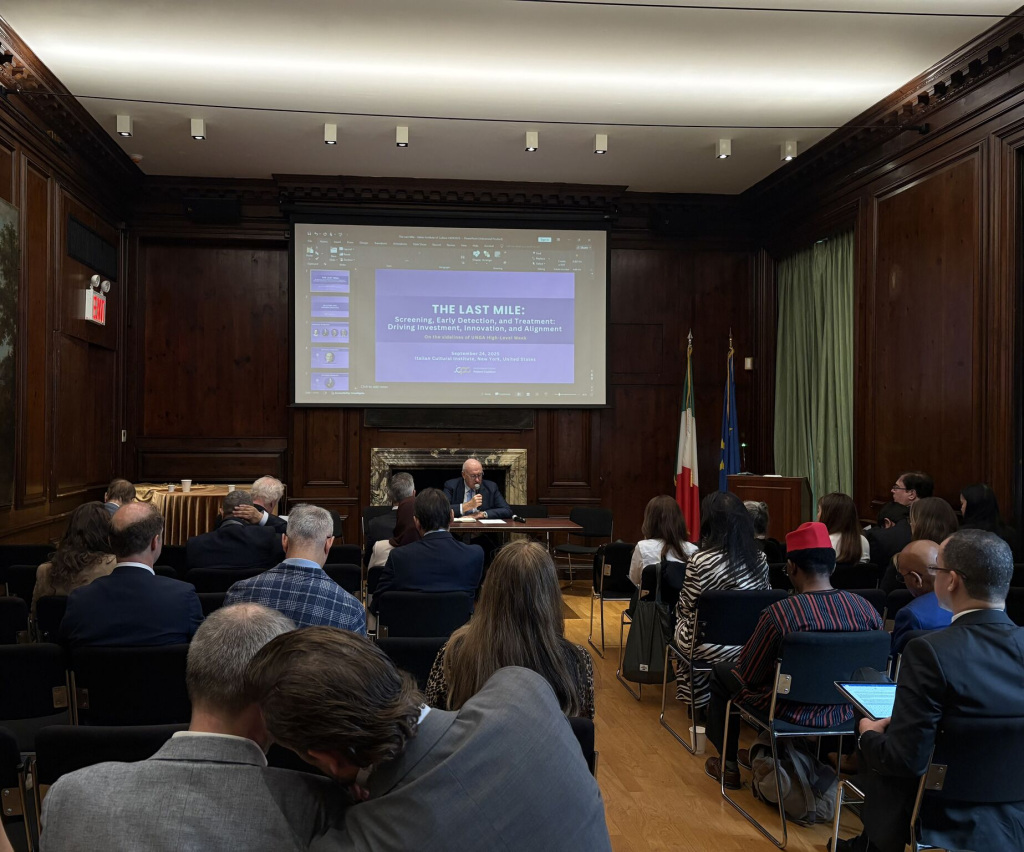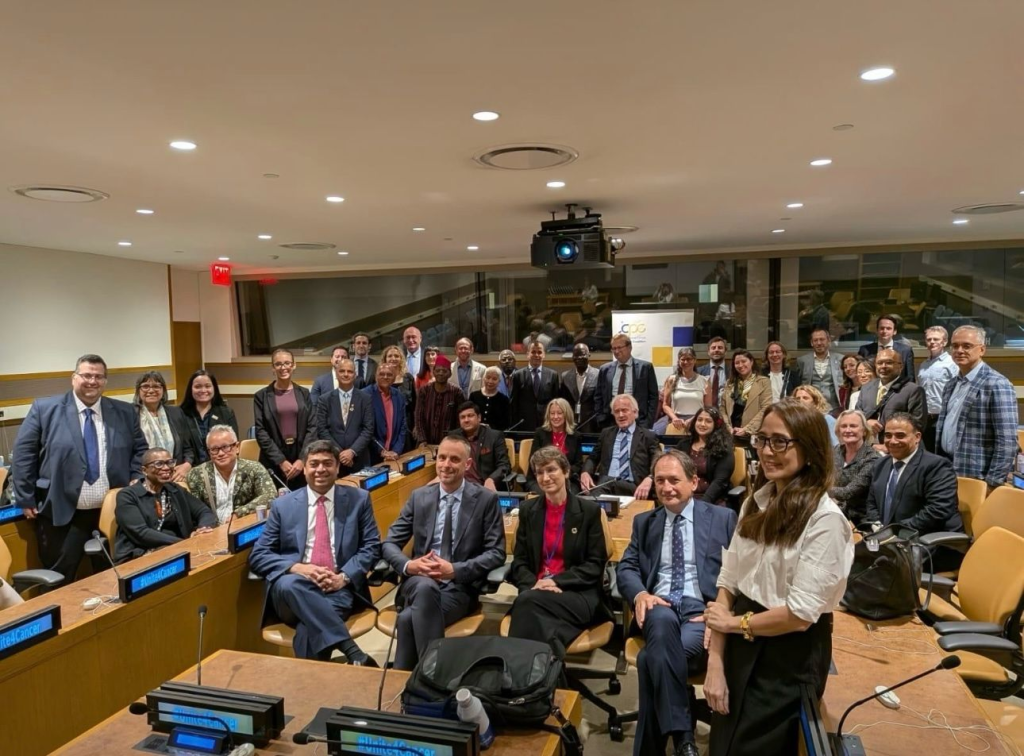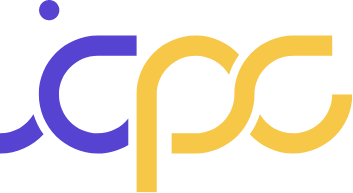Advancing the Last Mile in Cancer and NCD Care Through Three High-Level Dialogues in New York
In September 2025, the International Cancer Patient Coalition (ICPC) convened a series of three high-level dialogues in New York during the 80th United Nations General Assembly (UNGA80). Held in partnership with Permanent Missions, scientific institutions, and civil society organizations, the Last Mile Dialogue Series brought global leaders together to address one of the most urgent challenges in global health: ensuring that innovations in cancer and noncommunicable disease (NCD) care reach the people who need them most.
Across all three events, speakers emphasized a shared message: innovation alone does not save lives — delivery does. Achieving equity in cancer and NCD care requires early detection, strengthened health system capacity, and sustainable financing models that translate scientific breakthroughs into real-world access.
1. Opening Dialogue: Investment, Prevention & Early Detection
Italian Cultural Institute, New York | 24 September 2025
The series opened at the Italian Cultural Institute, highlighting the investment case for prevention and early detection across cancer, co-morbidities, and brain health. The dialogue showcased the importance of national prevention strategies — including the launch of Italy’s new Prevention Hub — and explored how countries can align screening, vaccination, combination therapies, and brain health programs within broader NCD and health system frameworks.
The discussion underscored that early detection is not only a medical imperative but an economic strategy, reducing long-term health system costs and improving patient outcomes. The session set the strategic foundation for the policy and implementation dialogues that followed.

2. United Nations Policy Dialogue: The Global Framework for the Last Mile
United Nations Headquarters, Conference Room 5 | 24 September 2025
The second event, co-hosted by ICPC and the Permanent Mission of the Philippines to the United Nations, brought together governments, international organizations, patient leaders, and scientific experts to shape a shared global framework for equitable access to cancer and NCD innovation.
This policy dialogue took place alongside the UN High-Level Meeting on NCDs, ensuring direct alignment with global political commitments.
The session focused on:
• Accelerating equitable early detection through AI, digital health, and organized screening
• Strengthening partnerships and workforce capacity
• Mobilizing sustainable financing mechanisms in support of long-term access
The meeting culminated in the launch of the Consensus Framework: The Last Mile Action Agenda, a shared roadmap for collaboration across countries and sectors.

3. Implementation for Impact: The Last Mile Lunch
Permanent Mission of Switzerland to the United Nations | 25 September 2025
The third and final dialogue moved from strategy to practical delivery, focusing particularly on rare diseases and NCDs, where care gaps are often the most severe.
Participants addressed key implementation challenges, including:
- Health system readiness
- Workforce development
- Public-private partnerships that scale beyond pilots
- Financing models that support sustainable care delivery
Speakers shared concrete examples of successful implementation approaches and identified what is needed to move from commitments to measurable health impact.

A Coherent Arc From Vision to Action
Together, the three events formed a structured arc:
| Italian Mission | United Nations | Swiss Mission |
|---|---|---|
| Why invest? | What global framework? | How to deliver? |
| Prevention & Early Detection | Consensus Framework | Implementation & Scale |
This progression ensures that policy commitments are grounded in real-world delivery pathways, shaped by the leadership and lived experience of patients, clinicians, researchers, and health system partners worldwide.
Looking Forward
The Last Mile Action Agenda will guide ICPC’s work with national governments, UN institutions, and civil society networks in the months ahead, supporting countries as they translate commitments into action, expand early detection programs, strengthen workforce capacity, and build sustainable access pathways so that no patient is left behind.
The work continues — but the direction is clear.
Equity depends on delivery.
And delivery requires acting together.
